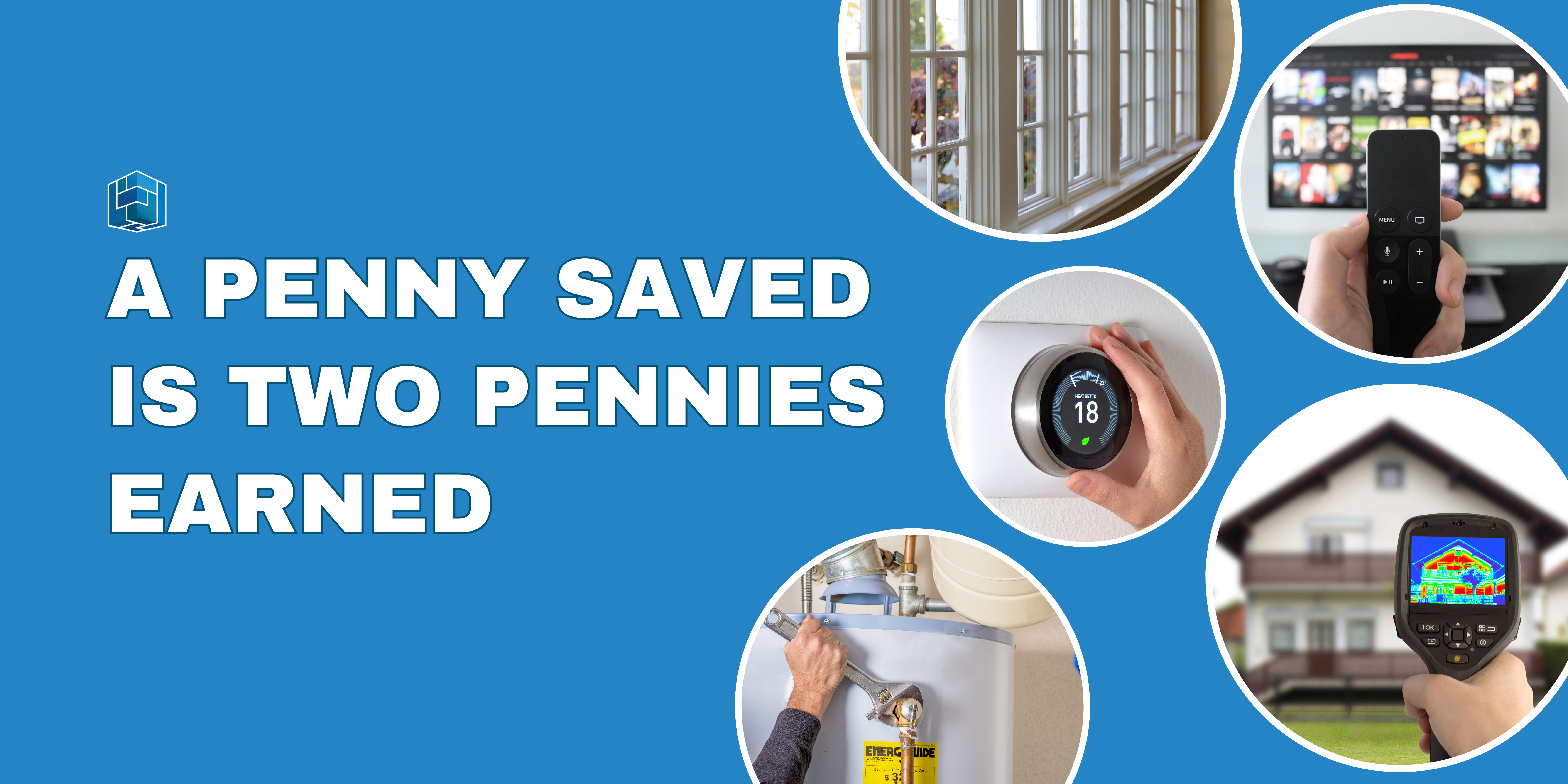- 435-673-6350
- advisors@staterawealth.com

The famous saying from Poor Richard’s Almanack is frequently misquoted. It was published by founder Benjamin Franklin in 1737: “A penny saved is two pence clear.” This phrase emphasizes the importance of thriftiness and wise financial decisions. Finding ways to manage expenses is one of the cornerstones of a sound financial strategy.
Here are some simple and inexpensive energy-saving tips that may help you save money.
To gain a better understanding of where you can enhance energy efficiency, consider conducting an energy audit. You can perform this yourself by acquiring a home energy monitor, which keeps track of your energy consumption, and a handheld air leak detector to pinpoint areas in your home where drafts are a concern, such as windows and doors.
Also, your local power utility may offer in-home energy audits or related services that can help identify remediation opportunities.
Consider these do-it-yourself ideas that may offer immediate savings at a low cost.
Several financial factors, including fuel prices, car payments, maintenance costs, depreciation, and lifestyle choices, can collectively lead to automobile(s) costing more money than the cost of running people’s homes. Here are ways to save:
Remember, this checklist provides general information. For personalized guidance, it’s important to consult with qualified financial professionals who can consider your specific situation and goals.
Investment Advisory Services offered through Trek Financial LLC., an (SEC) Registered Investment Advisor.
Information presented is for educational purposes only. It should not be considered specific investment advice, does not take into consideration your specific situation, and does not intend to make an offer or solicitation for the sale or purchase of any securities or investment strategies. Investments involve risk and are not guaranteed, and past performance is no guarantee of future results. For specific tax advice on any strategy, consult with a qualified tax professional before implementing any strategy discussed herein. Trek 24-117

